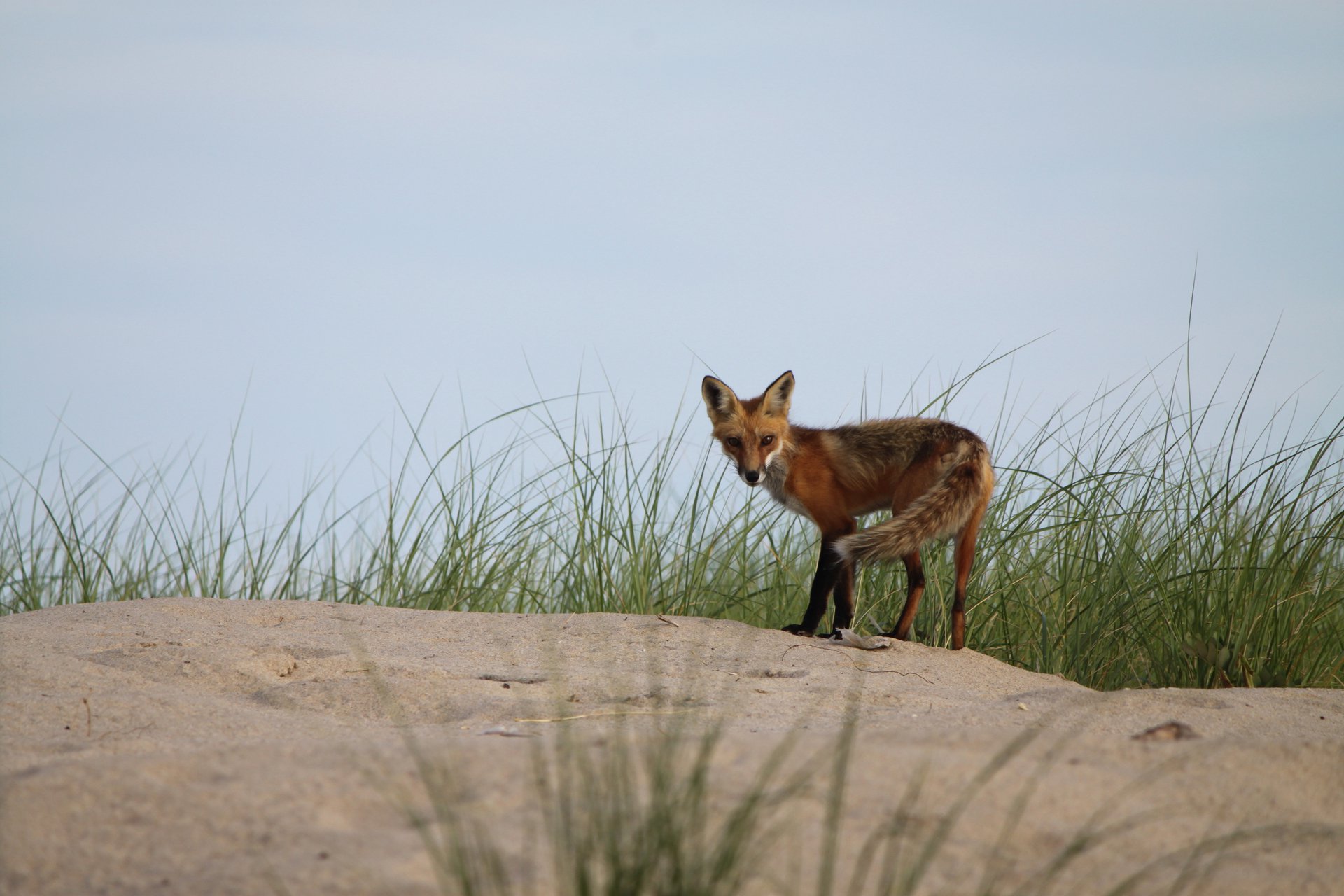Nature & Wildlife
In Massachusetts, each season presents new and exciting opportunities to explore and understand our ever-changing landscape and its inhabitants. Here you can find information about commonly encountered wildlife and invasive plants.
Plants & Animals Found in Massachusetts

Birds
Discover the birds—and bird behaviors—you're likely to encounter in Massachusetts.

Mammals
From chipmunks to moose, the Commonwealth is home to mammals of all sizes.

Reptiles & Amphibians
They may seem similar, but these two ancient groups have very different (very cool) adaptations.

Insects & Arachnids
Love them or fear them, insects and arachnids play a fundamental role in nature.

Native & Invasive Plants
Learn to recognize helpful native, and harmful invasive, plants.

Outdoor Almanac
What does Mother Nature have planned in the coming weeks? Find out with Mass Audubon's monthly guide to the natural world.
Find a Wildlife Rehabilitator
If a bird or animal is really injured, contact a licensed wildlife rehabilitator.
Upcoming Programs
See all programsBirders Meeting 2024
-
Hogan Campus Center, College of the Holy Cross, Worcester
-
Sunday, April 21
8:00am-4:30pm
Adults
Introduction to Bird Photography
-
Boston Nature Center and Wildlife Sanctuary, Mattapan
-
Sunday, April 21
9:00am-12:00pm
Adults
Destination Birding With a Scone: Ponkapoag Pond
-
Tuesday, April 23
8:00-11:00am
Adults

Take Action
We need your curiosity, commitment, and passion to ensure that our lands become more resilient, that more people than ever experience the magic of nature, and that we fight climate change—now and in the future.
Stay Connected
Don't miss a beat on all the ways you can get outdoors, celebrate nature, and get involved.







